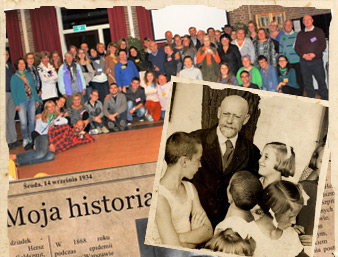
Неудобная педагогика Анатолия Мудрика
Имя Анатолия Викторовича Мудрика давно стало хрестоматийным символом даже для не слишком отягощенного знаниями массового выпускника педагогических вузов России последних десятилетий. Сотни соискателей ученых степеней разных рангов и студентов-дипломников автоматически впечатывают А.В. Мудрик в раздел «теоретические основы». Это несомненные признаки состоявшейся карьеры крупного ученого, которыми в педагогической среде (и особенно в области теории воспитания) ныне может похвастаться весьма узкий круг лиц.
Прежде чем перейти к анализу соотношения подхода Анатолия Викторовича в сравнении с другими подходами в современном научно-педагогическом знании, коснемся отношений, имеющих возможно меньшую концептуальную напряженность, но очень ярко характеризующих его работы.
Anatoly Mudrik’s inconvenient pedagogy
In the past decades the name of Anatoly Viktorovich Mudrik has become a canonical symbol for each, even not a very well educated graduate of Russian teacher training universities. Hundreds of PhD candidates and graduates automatically type A.V. Mudrik in their “theoretical foundations” sections. All this is an undeniable proof of Mudrik’s successful career as a key scholar in his field. Few people may boast such achievements in education (and especially in the area of social education).
Before we undertake to compare Mudrik’s approach to other modern pedagogical theories, let us look at some aspects that might be of less conceptual weight but which still distinguish his works.
First, it is his being in opposition to traditional theory. Paradoxically enough but Mudrik’s texts have always been in opposition, first, to Marx and Lenin’s ideology and, later on, to newfangled trends of Russian contemporary pedagogy. Today, the flow of papers about spiritual substances in the Russian pedagogy may be compared only to publications devoted to communication some forty years ago. Anatoly Mudrik was not favored by the communist regime in the Soviet Union where his works were not unduly regarded as “infected by bourgeois influence.” He refused to participate either in the 1990s criminal bacchanalia in Russia, which penetrated education and pedagogy, or in the sweeping grotesque and ugly parody-like more recent neoliberal education reforms coming from the West. Mudrik’s pedagogy is persistently ignored by the official political elite.




